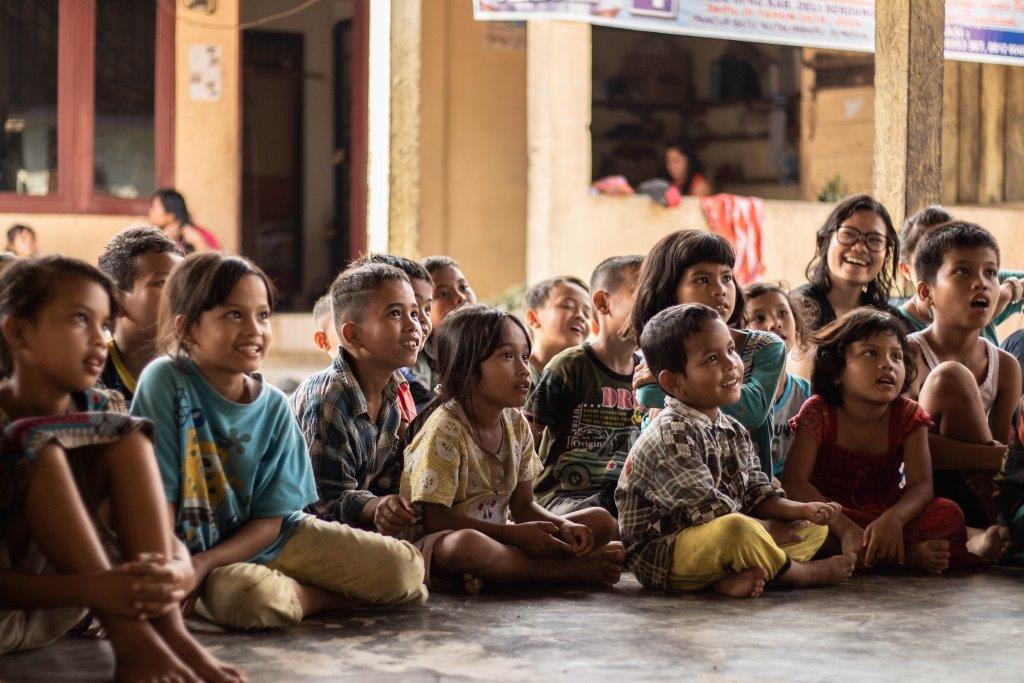
Read Aloud with Young Children: What Questions to Ask
 Children learn about the world through picture books. Children form judgments and opinions based on what they see and what they determine as factual evidence. Children who are provided non-stereotypical and non-gender conforming literature will be more critical and thoughtful when placing judgments and forming opinions about genders, cultures, and races. In a study conducted by Flerx, Fidler, and Rogers (1976), it was found that reading egalitarian literature with children for 30 minutes a day over the course of five days a week resulted in these children to have a decrease in stereotypical thinking. The children in this study were ages four-five.
Children learn about the world through picture books. Children form judgments and opinions based on what they see and what they determine as factual evidence. Children who are provided non-stereotypical and non-gender conforming literature will be more critical and thoughtful when placing judgments and forming opinions about genders, cultures, and races. In a study conducted by Flerx, Fidler, and Rogers (1976), it was found that reading egalitarian literature with children for 30 minutes a day over the course of five days a week resulted in these children to have a decrease in stereotypical thinking. The children in this study were ages four-five.
It should be embedded in every early childhood education curriculum to encourage students to engage in more critical thinking. As children grow up into young adults and adults, critical thinking skills are necessary for them to question information, consider facts and news, and develop their own judgments and opinions. Nurturing critical thinking skills in early childhood education helps to prepare children to be actively engaged in the world around them without blindly following authority even if authority guides them down a morally unjust path.
In order to develop critical thinkers, teachers need to start engaging students in questioning and examining information for bias, accuracy, and truth. This can begin in the early childhood classroom and can be developed in shared reading and read aloud discussions. By introducing children to critical questioning with books, children can become more thoughtful and active in the way they gain information and the way they determine the validity of the source. Below is a list of critical thinking questions that have been adapted from ukdissertationwriters.com
- What types of critical thinking questions do you ask your students?
- How do we work with young learners to construct knowledge about topics that they are interested in?
- What kinds of questions do you think are the most challenging for you to ask your students? Why?



